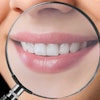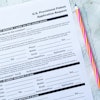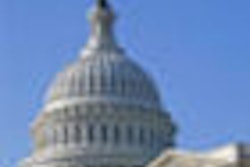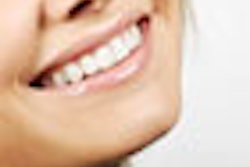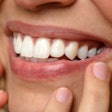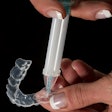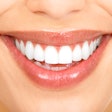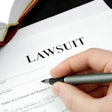
The ADA isn't sure whether a proposed new 5% tax on cosmetic procedures would apply to dentistry, but it isn't waiting to find out.
The organization has joined cosmetic surgeons, dermatologists, and antitax groups in opposing the so-called "botax," which is tucked inside the healthcare reform legislation being debated by the U.S. Senate. Last week the ADA wrote to the Senate asking that the tax be removed from the bill.
"The extent to which dental services would be subject to this tax is unclear and likely wouldn’t be known until regulations were written well after enactment," said William Prentice, director of the ADA's Washington, DC, office, in an e-mail to DrBicuspid.com. "That being said, the ADA opposes the taxation of any health care services and will be working with like-minded groups to have this provision stricken from the Senate bill."
— U.S. tax code definition of cosmetic
medical procedures
The key question for dentists is the definition of "cosmetic."
A similar tax, instituted in New Jersey in 2004, has generally applied only to chairside bleaching procedures, said Jim Schulz, director of government affairs for the New Jersey Dental Association. Nevertheless, the New Jersey tax has proven "cumbersome, confusing, and onerous," he said.
The language in the U.S. Senate bill does not specifically refer to dentistry. It defines a cosmetic surgery and medical procedure -- according to the tax code (section 213(d)(9)(B)) -- as "any procedure which is directed at improving the patient’s appearance and does not meaningfully promote the proper function of the body or prevent or treat illness or disease."
And it says the tax would only apply to a procedure performed by "a licensed medical professional" that "is not necessary to ameliorate a deformity arising from, or directly related to, a congenital normality, a personal injury resulting from an accident or trauma, or disfiguring disease."
The patient would have to pay the "botax" and the "medical professional" would have to collect it, according to the Senate bill. Those professionals who fail to collect from their patients on all procedures starting Jan. 1, 2010, would have to pay the tax themselves.
The tax was included because the authors of the Senate bill are trying to find ways to pay for an expansion of healthcare insurance to cover people who are currently uninsured.
According to news reports, the tax is projected to raise $6 billion over 10 years toward the estimated $849 billion cost.
The New Jersey experience
Those projections might prove disappointing, if New Jersey's experience provides an example, said Schulz. The New Jersey State Legislature expected to get $26 million a year from the tax, but so far is only pulling in $10 million.
The New Jersey law passed with little debate, so dentists hardly had a chance to lobby against it. After it was passed, "we were able to have a good dialogue and open communication, not only with the bill's sponsors but the executive branch," said Shulz.
The upshot is that the state's Division of Taxation has let healthcare professionals decide which procedures are purely cosmetic, and dentists have only been collecting the tax on chairside bleaching. Bleaching needed as a result of orthodonture has been exempt, and dentists have successfully argued that all kinds of orthodonture and veneers serve a functional purpose, but they must document that purpose in each patient's chart.
Tax officials do audit dentists and sometimes challenge them for not collecting the tax. But the biggest problem with compliance has been confusion, said Schulz. Since New Jersey dentists sometimes have to collect a 7% sales tax, they get mixed up between that and the 6% cosmetic tax.
In 2007, the New Jersey Dental Association joined with other healthcare groups and convinced both houses of the New Jersey Legislature to unanimously vote to rescind the tax. But Gov. Jon Corzine vetoed that bill, leaving the tax in place.
The ADA used a couple of arguments in its letter to the U.S. Senate, which was signed by President Ronald L. Tankersley, D.D.S., and Executive Director Kathleen T. O’Loughlin, D.M.D., M.P.H.
The ADA argues that the tax would penalize "people who are taking positive steps in their professional and personal lives." In addition, the ADA says the bill would complicate dentists' work since "some procedures may be cosmetic in one instance and medically necessary in another, requiring a review of each procedure before determination of its taxable nature." Another concern is that more patients might travel abroad to obtain cosmetic treatments.
Besides the ADA, opponents include the American Society of Plastic Surgeons and the American Society for Aesthetic Plastic Surgery. A spokesperson for the American Academy of Cosmetic Dentistry declined to comment.

